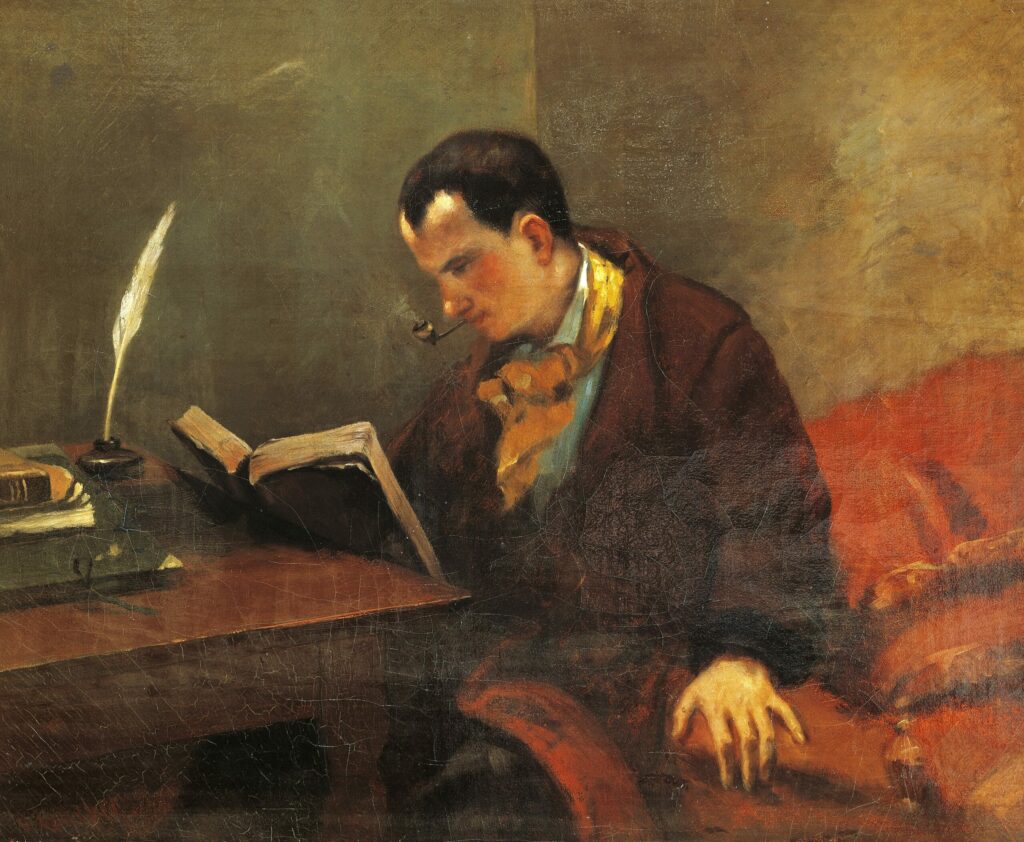Poetry
How to Become a Poet
If you’re here, you’re wondering how to become a poet. The good news is, anyone can learn to write poetry—and if you’ve ever written a poem before, you can already…
Read MoreWhat is Freewriting? + Prompts to Elevate Your Writing Process
If you’re trying to write but can’t get the words flowing, freewriting can jumpstart the writing process. Freewriting is a no-pressure method of simply getting words on the page: similar…
Read MoreBest Online Writing Communities: How to Find Your Writers Group
The best online writing communities connect you to the literary world at large, supporting your craft and creativity while helping your voice be heard. At the same time, the internet…
Read MoreThe Rules of Poetry for Contemporary Poets
Note: This article on the rules of poetry was adapted from a recent Writers.com newsletter for poets. Find our invitation to join in the article! When I was first asked…
Read More40 of the Best Places to Submit Poetry Online
Where are the best poetry websites, journals, and magazines to submit poetry online? Every day, new literary journals are founded, but getting your work out into the world feels harder…
Read MoreInterview: Barbara Henning on “Girlfriend” and the Craft of Poetic Memoir
[Photo: Barbara Henning (right) with poet Maureen Owen (left)] Our selves are collages of the people that impact us; we are products of every person we have met. To put…
Read MoreWhat is an Elegy Poem?
Poetry can powerfully express human emotion, unpacking (or sometimes complicating) the complexities of our feelings and experiences. When a poem dwells on loss or lamentation, it is known as an…
Read MorePoetry Inspiration: How to Find Inspiration for Poetry
Poetry inspiration is everywhere. This is evident in the fact that poems have been written on literally every topic: Grecian urns and daffodils; bodily organs and ostracized planets; the mighty…
Read MoreHow to Write an Ekphrastic Poem
Ekphrasis is a literary device in which a work of art, usually visual, inspires a piece of poetry or prose. Ekphrastic poetry, then, describes a poem that finds inspiration in…
Read MoreHow to Write a Sonnet Poem
The sonnet is a poetry form that poets have wielded for centuries—from Petrarch and Shakespeare to Marilyn Nelson and Terrance Hayes. These 14-line poems use restrictions of length and rhythm…
Read More









